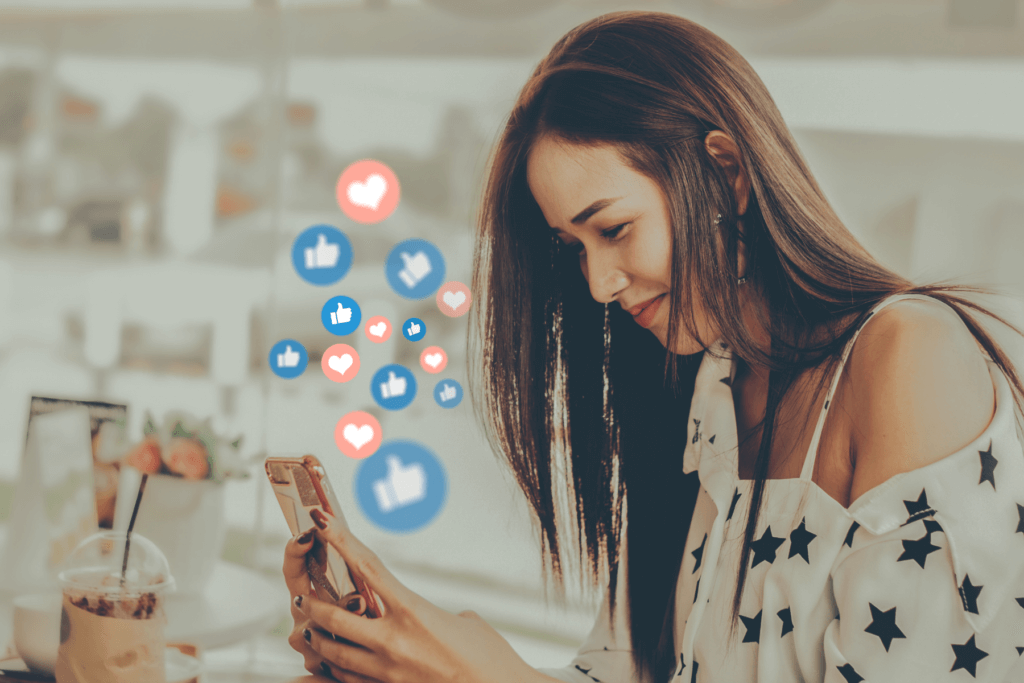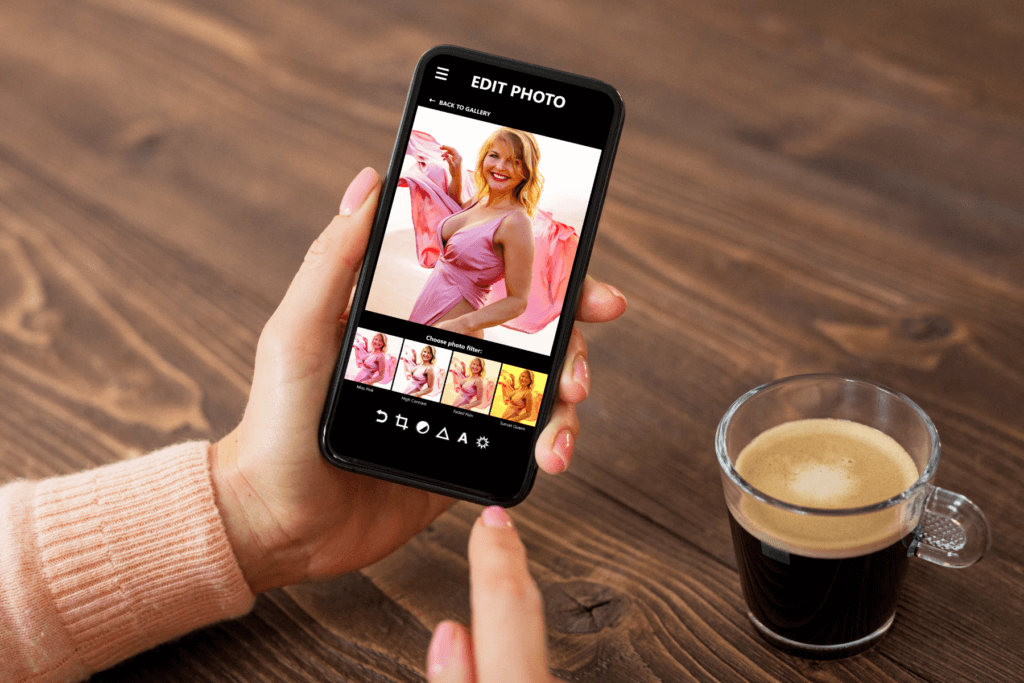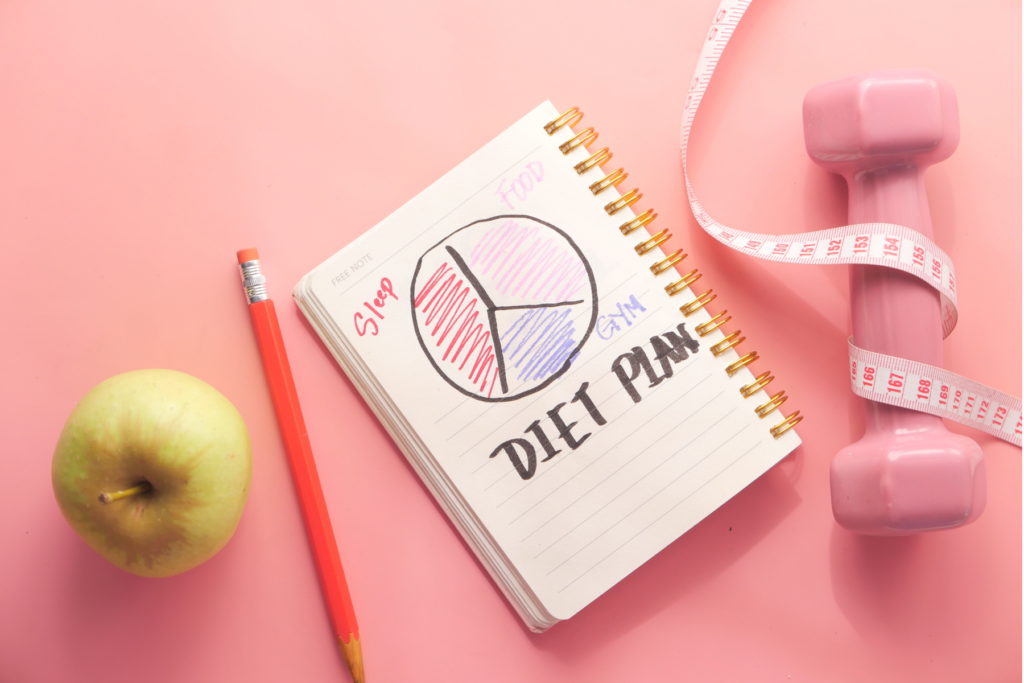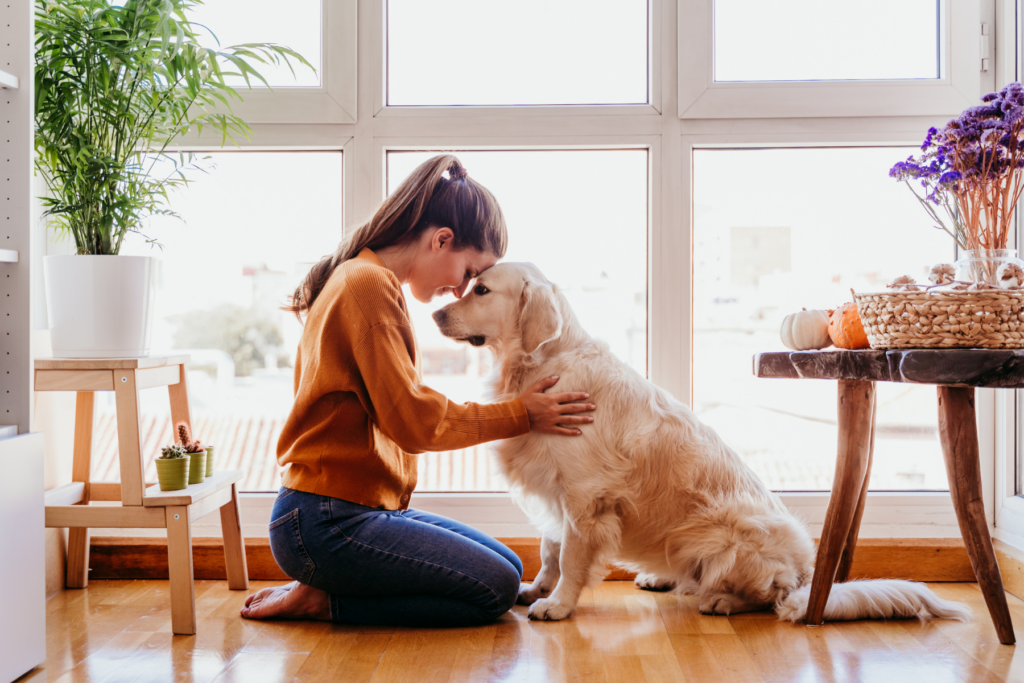Body Image and Social Media
March 21, 2022

Can social media influence how we see ourselves and impact our body image? Instagram, tik tok, snapchat…social media is all around us. It has become so integrated into almost every moment of our lives. Let’s face it. There’s a good chance you even found this blog post scrolling through social media.
That being said, increased usage of social media does have the potential to have a negative impact on body image. Per Insider, “A small 2018 study, found a correlation between time spent on social media, negative body image, and disordered eating. This was especially true if participants were scrolling through appearance-related content, like the account of a fitness instructor or model on Instagram.”
Let’s explore a few reasons why social media has the potential to impact body image.
1. Unrealistic Body Portrayals
As social media has evolved, so has the ability to alter images.
Today, celebrities & models aren’t the only ones subject to photoshop. The average person can also utilize numerous apps & tools to “filter” and change images. Photoshop is used to achieve “ideal” body types or to hide body “flaws”. This can understandably lead to comparison and the development of negative body image while scrolling your social media feed. However, the truth is that the person in the photo might not even look like the person in the photo!

2. Highlight Reels
Have you ever scrolled through your newsfeed and felt like everyone was having more fun than you?
You’re not alone if you feel some FOMO (fear of missing out) after scrolling through sunny vacations, glamorous nights out, romantic date nights and smiling selfies. Remember- social media can be thought of as a “highlight reel”, and is not necessarily representative of real life.
An instagram photo doesn’t show what’s going on behind the scenes. Nobody’s life is completely perfect and people most likely aren’t going to be posting their financial woes, fights with friends, breakups, or body image concerns of their own.
3. Diet Culture and Misinformation
The spread of social media has allowed for us to obtain all kinds of information at the touch of a button. Unfortunately, this isn’t always a good thing. It is especially harmful when a large portion of information that is at our fingertips includes misinformed and harmful information surrounding bodies and diets.
Now more than ever, people can share their ideas of “what to eat in a day”, fad diets that worked for them, or harmful messages surrounding weight, body, and eating behaviors. This can lead to questioning whether you need to change your body or the way you eat, rather than appreciating the body you have and trusting your own hunger cues and cravings.

The Social Media Solution
If you find your scrolling leads to a dip in your mood and body image, what can you do? Maybe, Instead of going on a juice cleanse, try a “social media cleanse” instead.
Monitor Your Consumption
While we can’t control what others choose to post on social media, what filters they use, and whether they use photoshop– we CAN choose what social media to consume.
I challenge you to take some time to clean up your newsfeed. As you scroll, ask yourself a simple question: “does following this account make me feel better about myself?” If the answer is NO, press “unfollow”. Alternatively, look into the settings of your favorite social media app to see if there are ways to block or restrict harmful material that may be suggested for you.
Next, consider following some accounts to help you feel GOOD about yourself and your body image. Try searching for hashtags such as: #healthateverysize, #HAES, #bodypositive, #bodyneutrality, #celebratemysize, #honormycurves, and #fashiontruth.
Prioritize Real Life Experiences
Take some time to unplug and be present in your real life. Cuddle with your dog, grab coffee with a friend, dance to some upbeat music or explore the beauty of nature. Reflect on how your mood and body image change when you limit your screen time and incorporate more positive, real life experiences.

Seek Reliable Resources
Consider where your information is coming from. What qualifies the person to be giving out the information you seek? What is the motivation behind sharing the information? Are they providing evidence based information and recommendations? Or are they simply trying to increase followers and/or sell a product to make money?
When it comes to your mental & physical health, we recommend getting your information from your trusted doctor, dietitian, therapist and/or other healthcare provider.
Want to learn more about how to improve your body image and say goodbye to diet culture? Our team of anti-diet dietitians are here to help!
Sources (click to view):
Insider- How Social Media Affects Body Image
Body Positive Accounts to Follow on Instagram
[…] we are constantly surrounded by body ideals in the media and on social media. As a result, the idea of the ideal athletic body is more prevalent than ever. For anyone, the […]
[…] can be difficult to decide if you are eating enough when all you see are diets and cleanses on your social media feeds. We are constantly bombarded with messages telling us we are eating too much and need to lose […]
[…] Systems like screen time limits and self imposed timers may help us decrease our screen time and exposure to social media. However, at the end of the day, if you’re surrounding yourself with a toxic online environment, no matter how little time you spend scrolling, it can ultimately impact your mental health. […]
[…] often under a lot of pressure. They are faced with diet and fitness culture and the pressures of body standards in the media and/or their sport. In addition, many athletes have a strong desire to achieve peak health and […]
[…] pressure when it comes to body shape, size and weight both in and outside of their sport. Between social media, school, athletic peers, and family, it can be overwhelming. By taking the focus off of weight, you […]